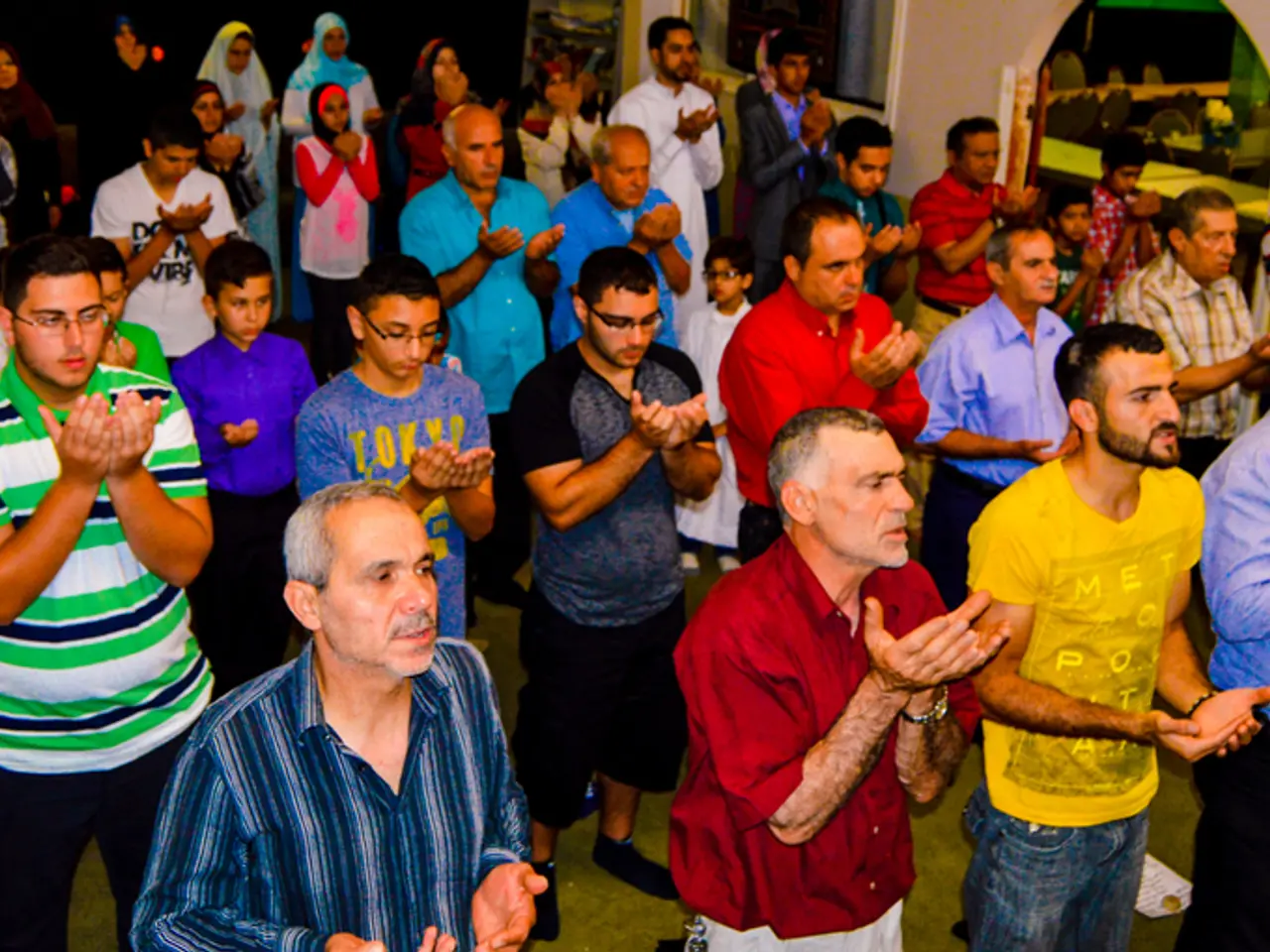Delving into the Spiritual Aspects of Bipolar Disorder: An In-depth Examination
In recent years, the relationship between bipolar disorder and spirituality has become a topic of growing interest among mental health professionals, individuals living with the condition, and spiritual communities alike. This increased focus stems from a recognition that spiritual beliefs and practices can play a significant role in managing symptoms and promoting overall well-being for those affected by bipolar disorder.
One intriguing aspect of this relationship is the overlap between bipolar disorder symptoms and intense spiritual experiences. During periods of mood elevation or mania, individuals with bipolar disorder may exhibit symptoms such as grandiosity, rapid cognition, intense goal-directed behavior, and preoccupation with religion or spirituality. While these experiences might sometimes be mistaken for spiritual awakening or divine inspiration, they can also reflect the dynamics of bipolarity affecting mood and cognition.
Historically, bipolar disorder has been interpreted through a spiritual lens in many cultures, with some religious figures exhibiting symptoms consistent with the condition. This perspective frames bipolar disorder not merely as a medical condition but also as potentially influencing, or influenced by, a person's spiritual interpretations and expressions.
Modern spiritual teachings emphasise that true spiritual growth should lead to a sense of greater grounding and wholeness, not fragmentation or dysregulation. However, when spiritual awakening happens faster than the body or mind can integrate, it can mimic symptoms of psychosis or bipolar disorder, leading to feelings of madness or being overwhelmed. In such cases, holistic support that integrates the spiritual and physical body becomes crucial.
For many individuals living with bipolar disorder, spirituality serves as a vital coping mechanism. They find meaning, hope, and a framework for understanding their experiences through their faith or spiritual practices, which may contribute positively to mental health maintenance and recovery. However, it is essential to distinguish supportive spirituality from spiritual experiences that might exacerbate symptoms of dysregulation or mania.
Given the spiritual dimensions that bipolar disorder may have for some, treatment approaches that honour the person's spiritual beliefs and experiences while addressing their medical and psychological needs may be more effective. This might involve integrating 'spiritual cures' such as meaningful practices and community support with medical care for mood stabilisation and therapy aimed at grounding and coherence.
Embracing a multifaceted understanding of bipolar disorder allows us to better support those living with the condition and foster a more inclusive and compassionate approach to mental health care. This approach recognises the potential for profound insight and personal growth that can arise from managing bipolar disorder, while acknowledging the challenges that may come with integrating intense spiritual experiences. By acknowledging and respecting the spiritual aspects of bipolar disorder, we can provide more comprehensive care that addresses the whole person, rather than just their medical symptoms.
In conclusion, the intersection of bipolar disorder and spirituality offers a rich and complex perspective on this challenging condition. Further research into this area could yield valuable insights, helping us to better understand and support those living with bipolar disorder. A balanced spiritual perspective on mental health is crucial for individuals with bipolar disorder, and a holistic approach that integrates both medical and spiritual perspectives may offer the most comprehensive understanding and management of the condition.
- The significance of self-care in managing bipolar disorder might include practicing spirituality, as it can play a crucial role in alleviating symptoms and promoting overall well-being.
- In the realm of psychology, the overlap between intense spiritual experiences and bipolar disorder symptoms necessitates careful consideration, as spiritual awakening, if it happens faster than the body or mind can integrate, can mimic symptoms of psychosis or bipolar disorder.
- Therapy that respects and incorporates an individual's spiritual beliefs and experiences could lead to more effective treatment for bipolar disorder, as it addresses both the medical and psychological needs, as well as the spiritual dimensions.
- The scientific community should continue to explore the intersection of bipolar disorder and spirituality, as a better understanding of this complex relationship could lead to improved mental health care for those living with the condition, fostering a more inclusive and compassionate approach.








